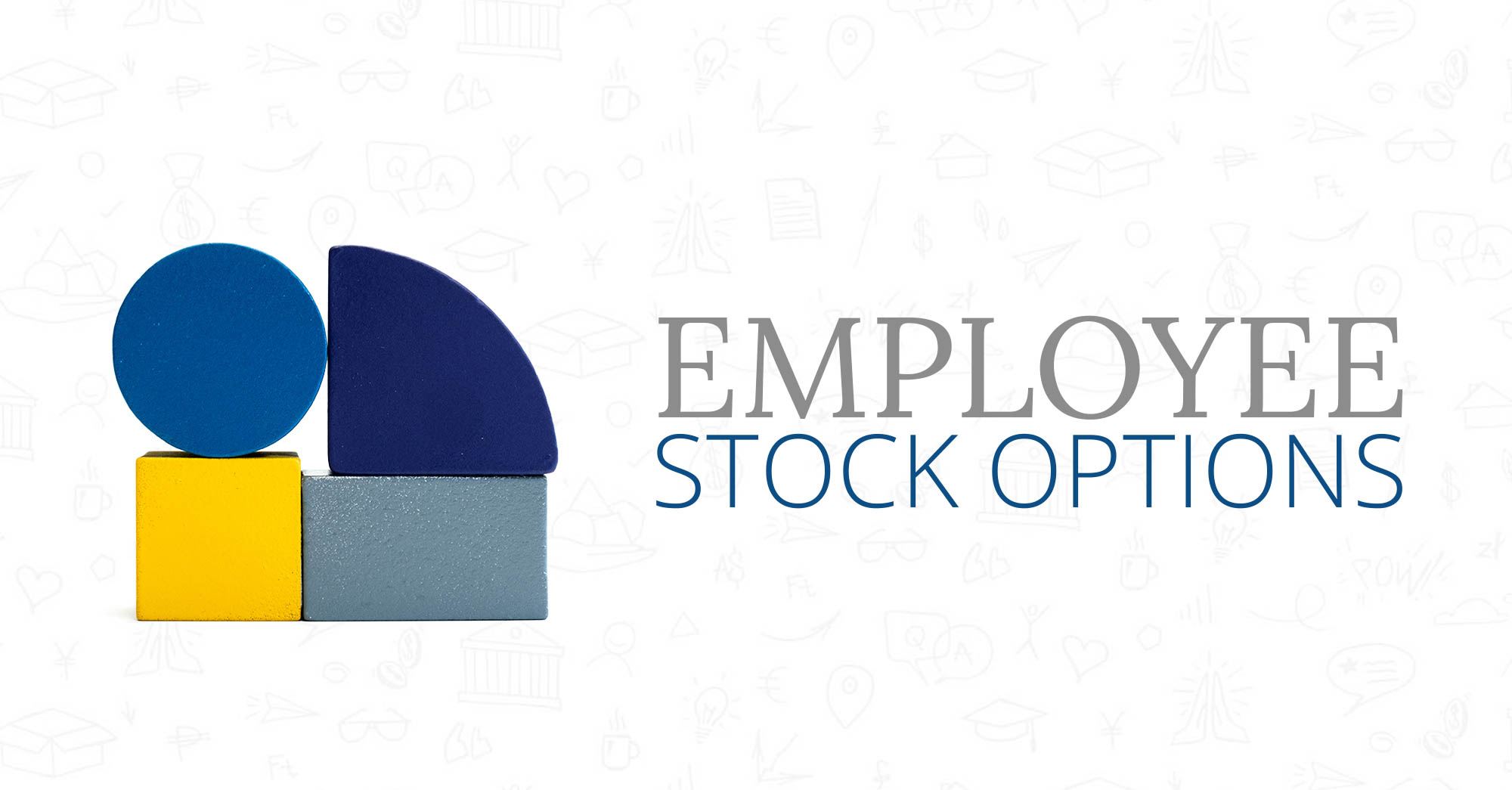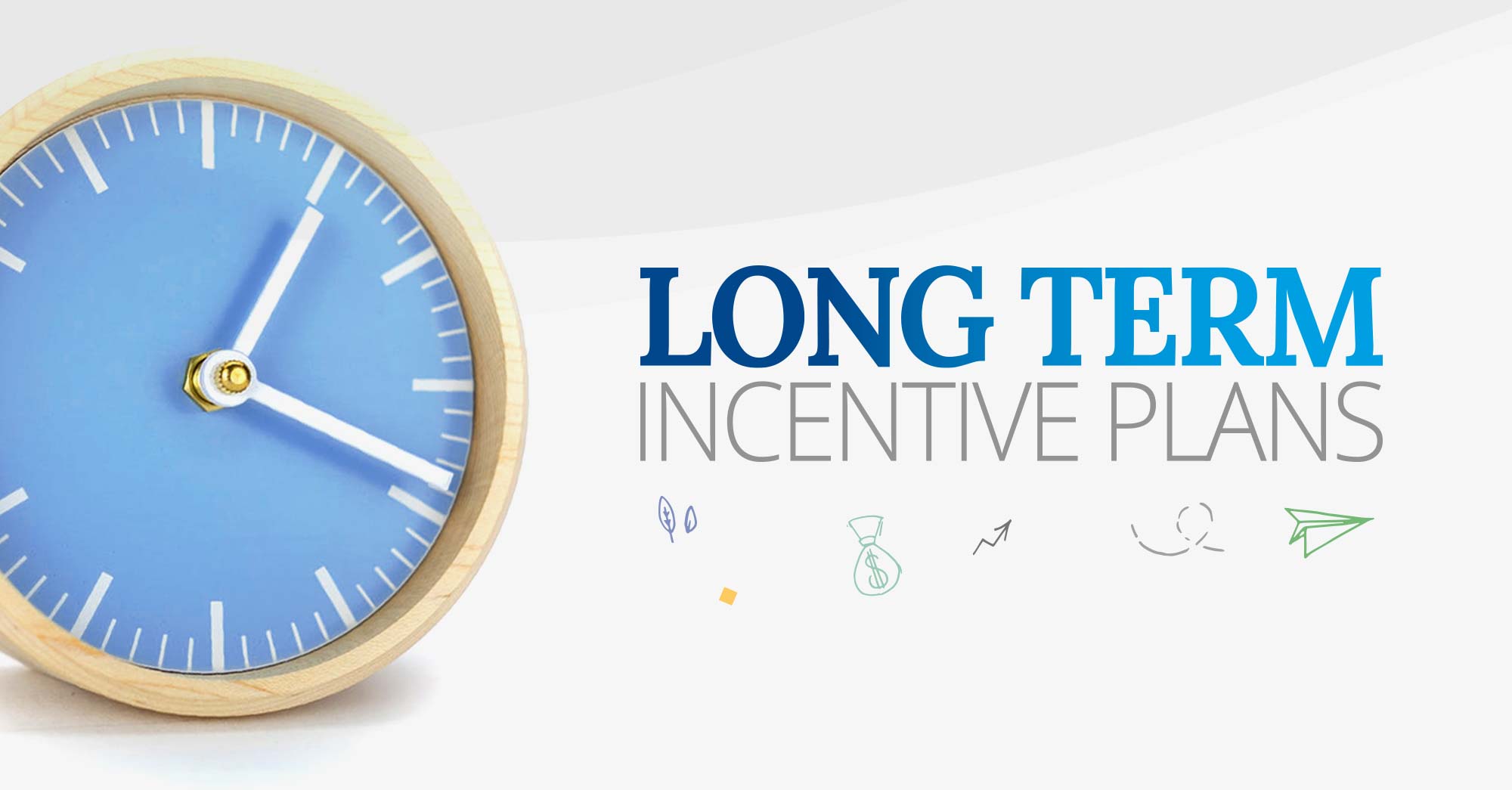As a founder, or even as someone who is merely interested in startups, you probably understand what fundraising is and why it’s so important. A startup has a great idea, but can’t turn that idea into reality without an injection of cash. So, an investor gives them the cash they need, in return for a stake in the company’s eventual success. It’s a great system because it is mutually beneficial. The startup gets the money they need while gaining a partner who is motivated to help them continue to succeed. And the investor gets a chance to make a significant return on their investment.
Historically, there has been one primary method of fundraising – equity. In return for the investor’s cash, the startup grants them ownership in the company, usually in the form of shares. However, there is one major problem with this method: it requires an agreement on the company’s valuation. Both the investors and the founders have to determine exactly what the company is worth, at a time when the company is brand-new and generally unprofitable. And there is a lot at stake for both sides – the company’s valuation determines the value of the equity the founders are giving up in return for the necessary cash. It can swing the balance of value either towards the cash or the equity and can mean the difference between a great investment and a terrible one.
So, a new method of fundraising has been steadily increasing in popularity – convertible debt. Let’s take a look at what convertible debt is and why it’s becoming more popular, and then, we’ll discuss what it means for you and your Cap Table.
What is convertible debt?
Convertible debt is an investment that an investor offers to a startup, that is repaid at a later time, generally in the form of equity. So, the startup still receives a cash injection that they don’t have to repay with cash, and the investor still receives equity in the company and a chance to make a great return. But most importantly, the equity split happens later, which means that the company valuation does not take place until a future date when the startup has been around longer and is presumably much more straightforward to value.
Additionally, just because the equity payout comes later, does not mean that the investor loses out on the usual advantages of investing early. Two mechanisms, conversion caps and conversion discounts allow them to still gain the full advantage of early investment – namely that they can buy in at a lower price than later investors.
For example, imagine that an investor issues convertible debt with a conversion cap of €1,000,000. Then, in a subsequent fundraising round, the startup is valued at €3,000,000. The initial investors, those who invested with convertible debt, only pay for a share based on a €1,000,000 valuation. If there were a million shares outstanding, then the investor only pays €1 per share, rather than the €3 per share the new investors pay.
A conversion discount is very similar, but instead of capping the valuation at a certain price, it just applies a discount to the original valuation.
So, clearly, there are great advantages to using convertible debt instead of equity. But what are the disadvantages?
What are the disadvantages of convertible debt?
One of the biggest disadvantages is interest. Convertible debt is a flexible type of debt, but it is still debt, and so it acquires an interest. Also, because it is debt, it is a legal obligation. Startups have to repay them. There are alternatives, such as SAFE Docs and KISS Docs, that we will discuss in another blog post.
Should I use convertible debt?
That’s up to you! It depends on your company, and your investors, and what best suits your needs at the time. You have to balance the benefits (postponing the company valuation) with the disadvantages (interest and legal obligations).
But if you do use convertible debt, then you need to record it properly. Convertible debt is a critical part of your equity structure, and if your cap table doesn’t display it correctly, then you are going to be in big trouble. It can definitely complicate your Cap Table, but leaving it out, or leaving it to later, will complicate the future of your company.
Read more about Startups, Cap Table Management and how we can work with you.
If you are interested in learning more about the different options available to founders, contact us at Global Shares. Not just because we have some of the best equity experts around, but because if you’re going to take full advantage of your equity and your Cap Table, you need the best Cap Table management software.
This publication contains general information only and J.P. Morgan Workplace Solutions is not, through this article, issuing any advice, be it legal, financial, tax-related, business-related, professional or other. J.P. Morgan Workplace Solutions’ Insights is not a substitute for professional advice and should not be used as such. J.P. Morgan Workplace Solutions does not assume any liability for reliance on the information provided herein.



![Share Plan Administration Software [+Free eBook]](https://www.globalshares.com/wp-content/uploads/2023/10/stock-plan-administration-software-e1650619914403-17.jpg)